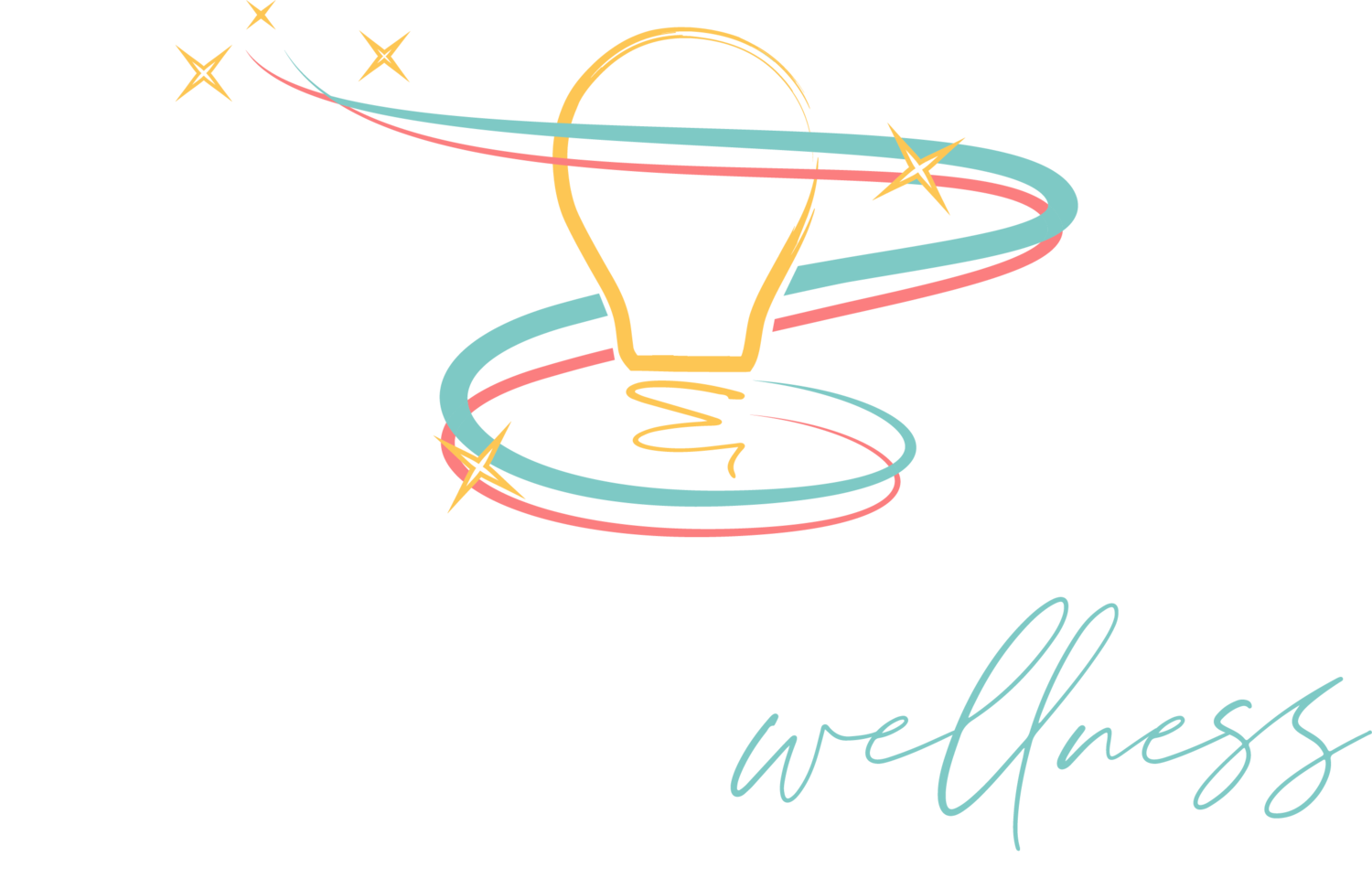Social Institutions: Time for a System Update
We are in the midst of economic, demographic, environmental, and social change. The institutions that support our populations, including healthcare, education, social services, industry, and our political and economic systems are consistently scrutinized, criticized, and labeled as broken or ineffective. In light of the significant changes to our population, why would these institutions continue to perform their functions?
It is time to develop specific ways to enable these social institutions to adapt, to better serve their populations, to increase the standard of living and quality of life for a greater number of people, and to provide education that serves students, communities, and industries simultaneously.
This system update requires sociological analysis of these institutions and our diversifying population. It requires the development of educational programs that are tailored to solve population-level problems. It requires that such educational programs are integrated with the operations of these institutions, both in public and private sectors. It requires training in the social sciences providing a framework for understanding broad issues and the inter workings of systems, coupled with technical skills that are up to date with rapidly changing technologies. It requires an applied focus in which students work alongside professionals in their fields to research and develop innovations that are more cost effective, ethical, equitable, and socially and environmentally conscious. And, it requires intimate collaboration with local communities, fostering a sense of connectedness, real-time improvements, and the development of programs tailored to unique people and places.
Sociology is the study of human behavior and societies. Sociologists investigate the operations, functions, and consequences of the social institutions that make up societies. Social institutions such as education, medicine, technology, science, religion, politics, justice, social services, and the media all have impacts on individual behavior, and all vary significantly from society to society. Sociologists study social factors, or the social location of individuals, and analyze patterns in behavior due to social factors. Psychological, biological, environmental, economic, and social factors influence our lives. Social factors are social categories such as one’s race, gender, social status, education, geographical location, religion, politics orientation, sexual orientation, age, and other defining characteristics shared with others. The sociological perspective is useful to analyze a society and the behavior of its citizens at a population level. In an academic sense, researching societies advances social theories and the development of sociology as a discipline.
Sociology, as a framework for education, maintains distinctiveness from other industries both public and private, and university programs in sociology are not often designed or marketed as career preparation programs. Social science skills, when combined with technological skills and an entrepreneurial mindset, can enable graduates to more successfully enter the job market, and become a value added addition to industries that require change and adaptation to shifting population forces. Using the example of sociology applied to healthcare, a pedagogical model is introduced that integrates local industry partners to educate students while serving the community and piloting new approaches to improving population health. This sociological model of program design can also be applied to other fields, such as law, business, engineering, and economic development.
On a practical level, sociological analysis of social institutions can help to identify social problems, and develop systemic solutions. Sociological can be applied to both the development of educational programs that enhances the value proposition of education in its applicability in today’s world, as well as the design of curriculum, in which sociological skills are taught in tandem with industry knowledge, training students who can enter the workforce and provide value added insights for change. Education itself is a social institution that falls short in its social and economic functions. Revamping programs that apply social science to specific industries is a way to capitalize on the expertise of faculty in programs that may be fading out of existence while benefiting industries that also are in need of new approaches. An example is the application of medical sociology to the healthcare industry. This section outlines some problems with both higher education and healthcare, and how they might be bridged through applied social science to better serve students, communities, and the delivery of healthcare.
The education system in the United States has fallen behind on the secondary and post-secondary levels. Our high school graduation rate is only 70% and in areas of economic disparity the rates are even more dismal. Of high school graduates, only one third go on to college and many of them must take remedial courses. Again, this gap gets wider in areas of economic disparity.
A college education is more essential now than ever, more than eighty five percent of all career-based jobs require a higher education degree. Even the higher paying vocational and skilled positions require some college. The problem is that in many cases college graduates are unprepared for optimal participation in the work setting and have difficulty establishing meaningful careers. What they are lacking is translational and transferable skills, and real world experience. Due to the regimented nature of the education system, interactive and innovation skills are not fostered and remain undeveloped. Due to the paradigm of coloring inside the lines, college graduates are unprepared for positions that require problem solving and negotiation skills (Wagner, 2014). Social science programs are not integrated with industries and lack career preparation skills. Even polytechnic schools, geared toward career centered training, may not be training students with the repertoire of skills necessary to navigate todays changing industries. Higher education is under pressure to deliver a value proposition to students, while catering to industry in order to garner state funding and national support. It is time to demonstrate relevance and benefits across social institutions.
The healthcare system in America, meanwhile, is undergoing significant changes and must adapt to a diversifying, economically inequitable, and chronically ill population. Legislative changes have added pressure to include a focus on prevention efforts. It is becoming part of the medical lexicon that population health is important, and while our system focuses on diagnosing and treating illness, the system is overburdened by a population that suffers from health, social, and economic issues that are intertwined.
The recognition of social determinants of health: that the places we socialize, work, live, and recreate are strong predictors of health, is opening a conversation and highlighting a gap between community based resources and hospital care. New professional roles are being developed to better serve patients, reduce healthcare costs, and produce better health outcomes.
Patient navigators, health coaches, data analysts, behavioral health specialists, population health managers, and quality improvement professionals are joining healthcare teams to better understand how to manage patients’ health and reduce the unnecessary utilization of healthcare. This work requires the collaboration of other industries that impact the health of communities, including social services, education, justice, police, public health, and any government, non-profit, or private sector organization that is people-serving. What training is needed for these new professionals to navigate the new landscape, and both understand the nature of the healthcare industry, and develop innovations that improve the lives of individuals while being financially sustainable and value-added? A social science framework with technical training may hold the key.






